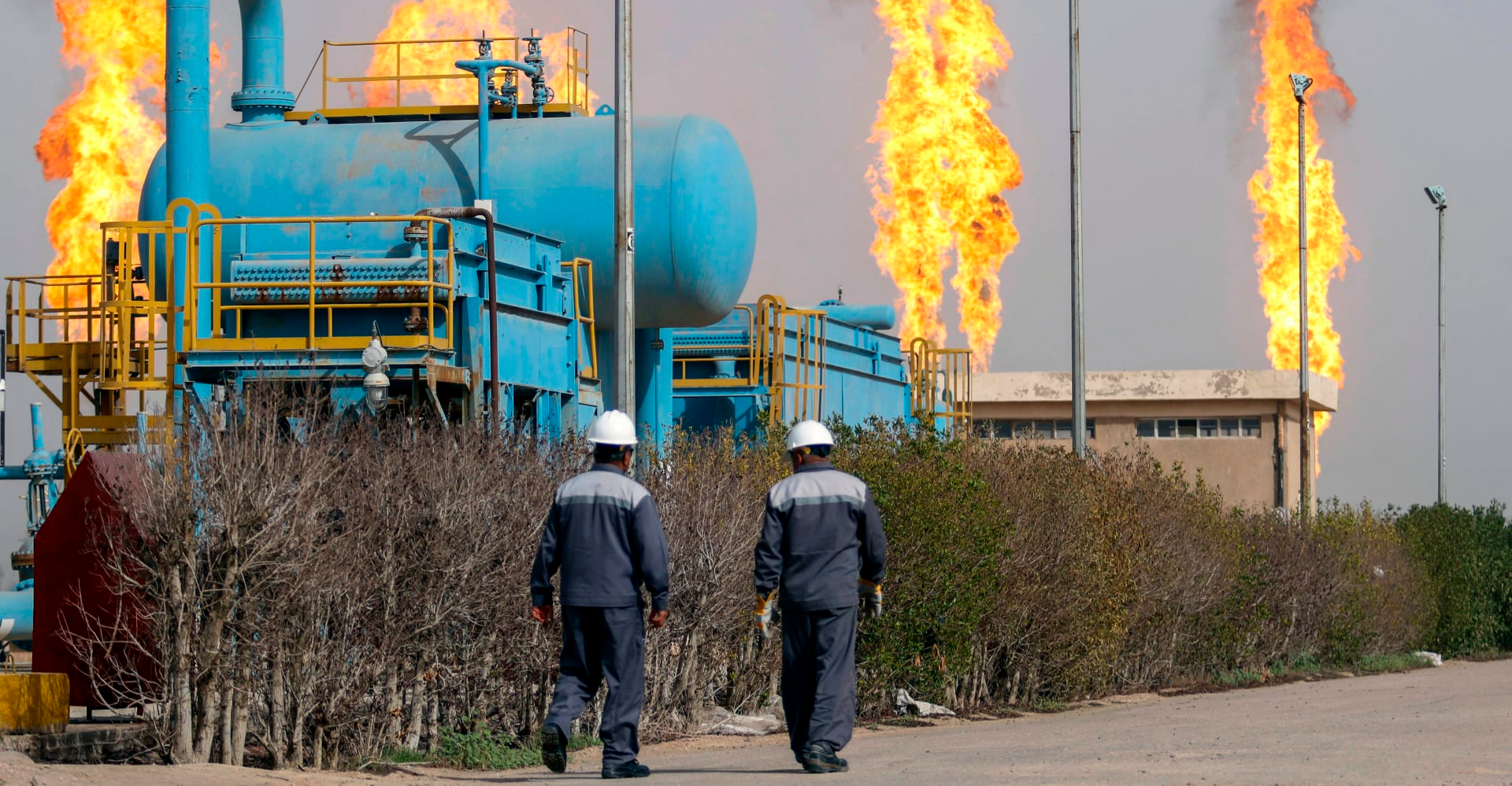“Iranian oil smuggling” puts Iraq in a predicament amid US pressure on Sudan.
 The Foundation for Defense of Democracies (FDD) concluded that the Baghdad government has an opportunity to confront Iranian oil smuggling activities through Iraqi ports and waterways, warning of significant sanctions if smuggling is not curbed.
The Foundation for Defense of Democracies (FDD) concluded that the Baghdad government has an opportunity to confront Iranian oil smuggling activities through Iraqi ports and waterways, warning of significant sanctions if smuggling is not curbed.
The American foundation stated, in a report translated by Shafaq News Agency, that “Iraqi Prime Minister Mohammed Shia al-Sudani announced on September 6 the formation of a committee to investigate the smuggling of Iranian oil through Iraqi ports and waters, and he affirmed that there would be no leniency in this matter.”
However, the report argued that the record of similar committees in the past, which investigate the activities of Iran-backed groups, indicates that perpetrators may not be held accountable. It noted that Tehran has devised numerous illicit schemes to generate revenue, relying on Iraqi companies, Iranian-backed militias, and government officials.
The report cited a 2024 Reuters report on oil smuggling operations generating between $1 billion and $3 billion annually.
He pointed out that Iranian oil is being smuggled by exploiting the control of government positions in the oil sector by Tehran-backed militias. He noted that the militias, many of which have political wings that form part of the ruling coalition, place their members and allies in key positions that control key elements of Iraq’s oil sector.
The report continued, stating that “in early September, the US Treasury Department imposed sanctions on an Iraqi national for smuggling Iranian oil as Iraqi oil, generating approximately $300 million annually for Iran and others involved in the scheme.”
He added that the ministry also targeted, in early July, a network run by Iraqi national Salim Ahmed Saeed for selling Iranian oil as Iraqi, implicating Iraqi officials. This network is believed to have transported billions of dollars’ worth of Iranian oil.
According to the US report, the idea of forming government-affiliated investigative committees has previously largely failed to hold Iran accountable for a range of “malign activities” in Iraq. This includes, for example, the committee investigating drone attacks on military bases across Iraq last June. The committee concluded that the drones were manufactured outside Iraq, but did not specify the weapons’ country of origin.
As another example, he explained that “an investigation committee concluded, following a clash with members of the Hezbollah Brigades around the Agriculture Directorate, where a policeman was killed, that the militia was condemned and recommended the removal of two leaders from the brigades from their positions in the Popular Mobilization Forces. However, the government did not implement these recommendations, even though al-Sudani had approved them.”
Therefore, the report continued, the United States must pressure al-Sudani to ensure a fair investigation and swift action. It must inform al-Sudani that this committee represents an opportunity to put an end to the widespread illicit activity in Iraq that funds and assists the regime in Tehran. The United States must form the committee to be comprised of impartial experts and provide them with access to oil officials, sites, and associated companies, as well as records.
According to him, the Sudanese government must subsequently swiftly address the problems identified by the committee and implement a campaign of fundamental reforms to limit Iranian influence in the Iraqi oil sector and put an end to its evasion of sanctions.
The report concluded by stating that if this committee instead conducts a formal investigation and the government fails to implement this reform, the United States must expand its sanctions to include Iraqi oil officials who assist Iran and profit from its oil smuggling.
Shafaq.com
